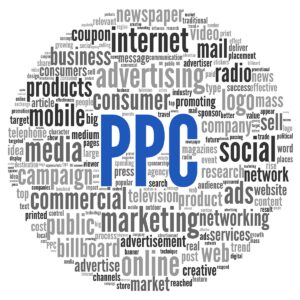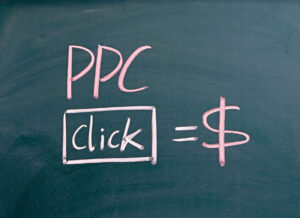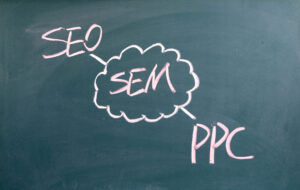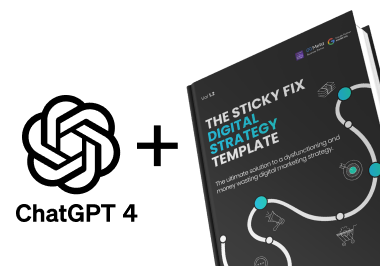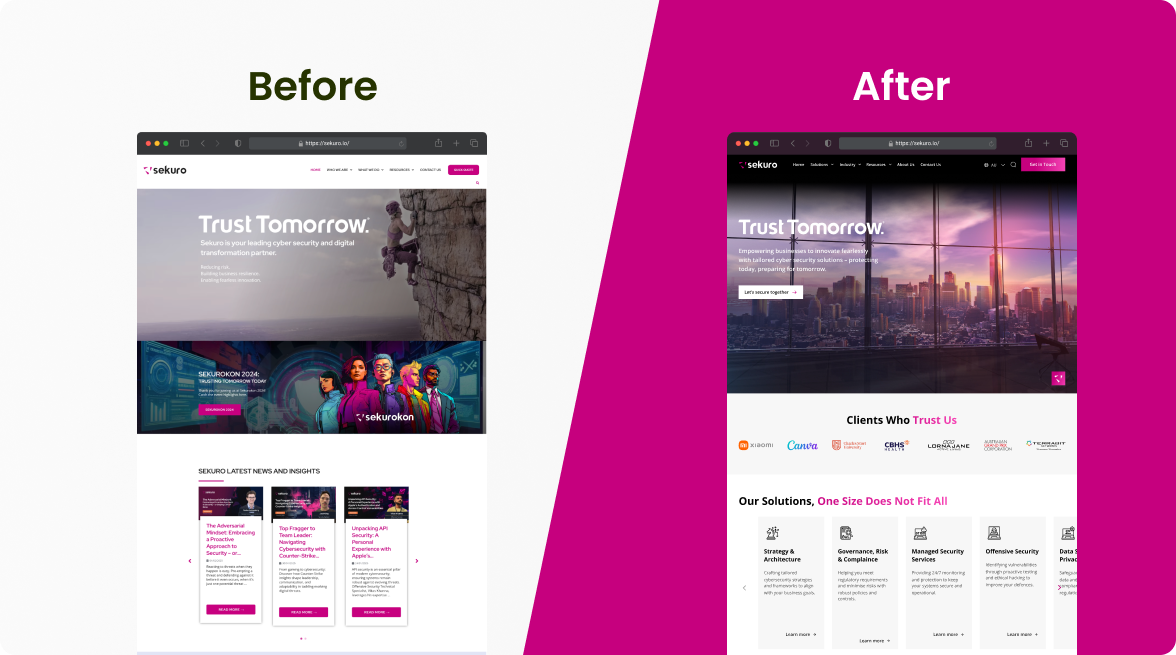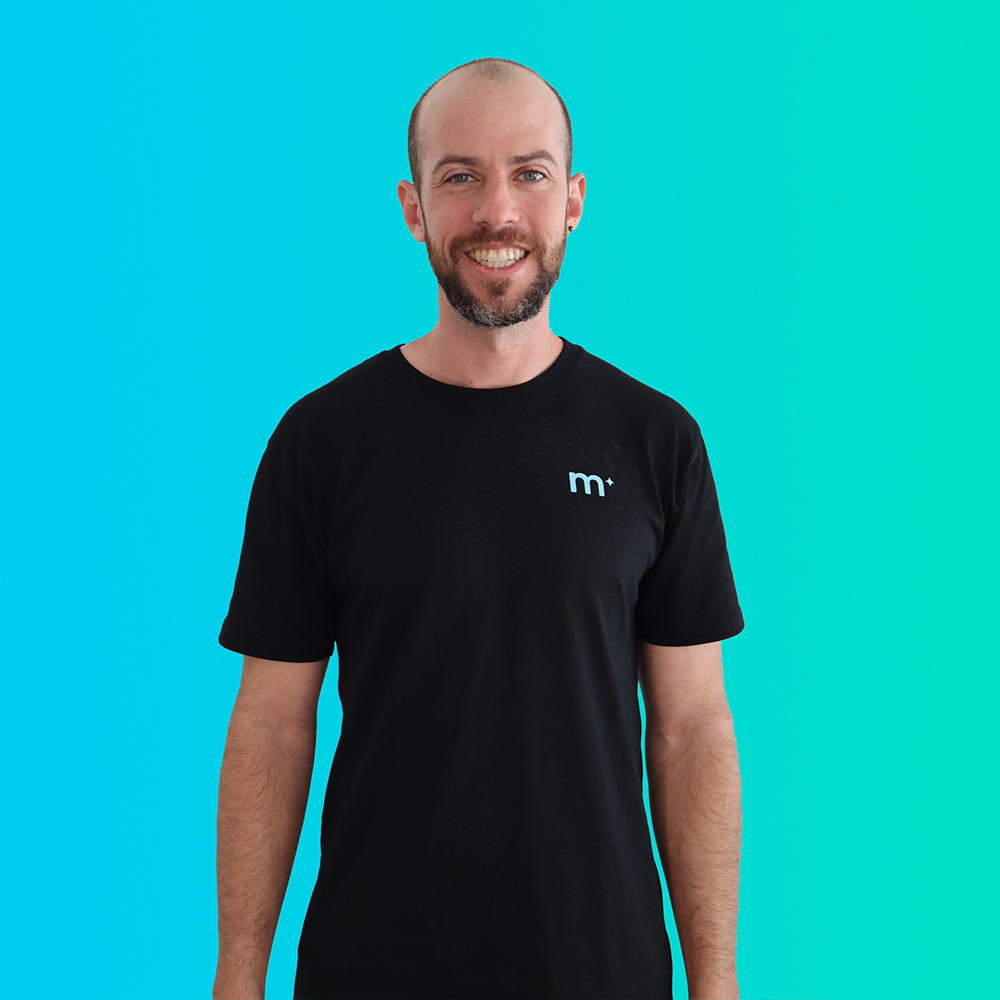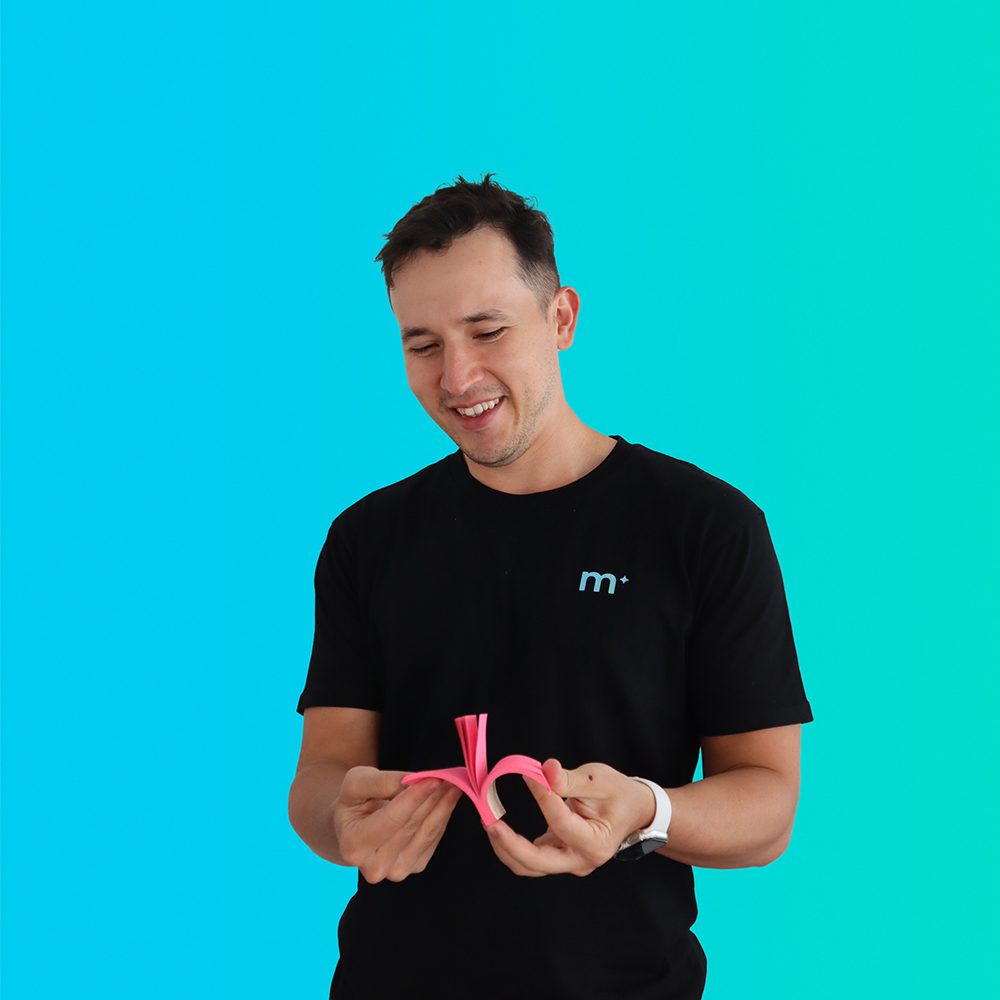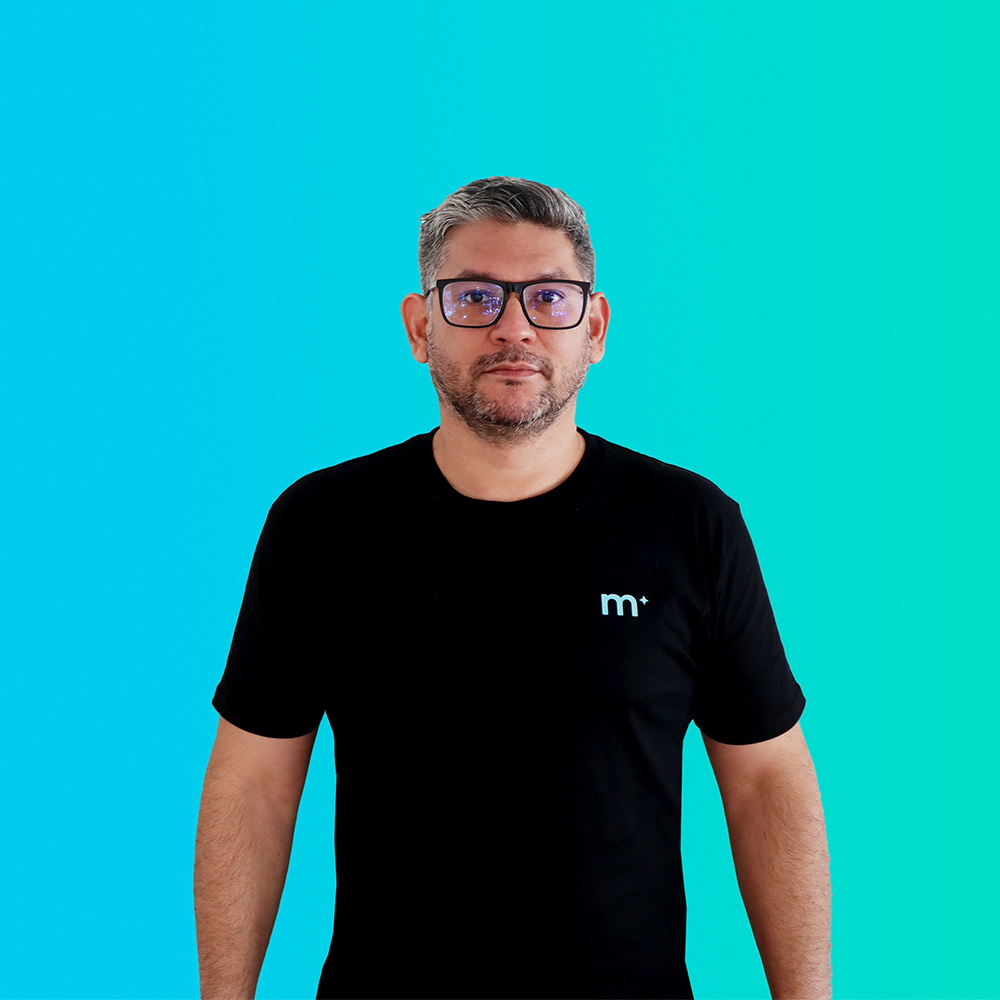Creating an effective PPC strategy is essential when trying to establish or grow your business because Pay-Per-Click (PPC) advertising is a powerful way for new and small businesses to reach their target audience and generate leads or sales.
However, we know it can be a bit daunting to get started, so let’s clarify the most important aspects about PPC advertising:
- PPC is an auction-based system. This means that when you create a PPC campaign, you’ll be bidding on keywords that are relevant to your business. Logically, the higher your bid, the more likely your ad is to show up when someone searches for those keywords.
- You only pay when someone clicks on your ad. This means that you can control your advertising costs and only spend money when you’re getting results.
- PPC is a great way to use targeted ads. When you create a PPC strategy, you can choose to target your ads by location, demographics, and interests. This will help you ensure that your ads are seen by people who are more likely to be interested in your products or services.
Overwhelmed? Well, you’re not alone. Many people get their PPC advertising wrong, which results in a ton of money lost. But worry not, here are some tips to help you get going in the right direction:
- Start small. Don’t try to do too much too soon. Start with a small budget and a few key keywords. It is recommended to use exact keyword match rather than broad match.
- Track your results. It’s important to track the results of your PPC campaigns so you can see what’s working and what’s not. This will help you make necessary adjustments to improve your results.
- Use long-tail keywords. Long-tail keywords are more specific than short-tail keywords, and they tend to have lower search volumes. However, they also tend to have lower competition, which means that you’ll be more likely to rank for them.
- Write effective ad copy. Your ad copy is what will convince people to click on your ad, so it’s important to make sure it’s clear, concise, and persuasive. Use strong call to action, such as “Learn more”, “Buy now” or “Sign up today.”
- Optimize your landing pages. Your landing pages are the pages that people will be taken to when they click on your ad. It’s important to make sure your landing pages are relevant to your ad and that they’re easy to use and navigate.
- Test variations of your ads and landing pages. This is simply the best way to discover what works. Try different headlines, different calls to action, and different offers to see what gets the best results. Make sure you only test one change at a time, otherwise you wouldn’t know which of your changes works.
- Keep your PPC campaigns up to date. The search landscape is constantly changing, so it’s important to keep your PPC campaigns up-to-date. Regularly review your keywords, bids, and ad copy to ensure that they’re still relevant and effective.
- Get help. If you’re not comfortable managing your own PPC campaigns, there is plenty of help and professional support (like us at Mindesigns!)
By following these tips, you can significantly improve your PPC strategy and pay less money for advertisement.
Things to keep in mind while crafting your PPC Strategy
A PPC strategy doesn’t have to be super complicated, but you need to know what you are doing. A large majority of people using PPC advertisements don’t take the time to learn how it works, which is why it is very easy to make expensive mistakes.
Here are some of the things people often don’t get about PPC:
- PPC is not just about bidding on keywords. While bidding on keywords is an important part of PPC, it’s not the only factor that determines where your ads will show up. Other factors include the quality of your ad copy, the relevance of your landing pages, and your ad extensions.
- PPC is a long-term investment. It takes time to build a successful PPC campaign. You won’t see results overnight. It takes time to find the right keywords, write effective ad copy, and optimize your landing pages.
- PPC is not a magic bullet. PPC can be a great way to reach your target audience and generate leads or sales. However, it’s not a guarantee of success. You still need to have a good product or service, and you still need to be able to convert leads into customers when they get in touch with you.
- PPC can be very competitive. There are millions of businesses that use PPC, and the competition for top spots on the search results pages can be fierce. This means that you’ll need to be strategic about your keyword selection and bidding strategy if you want to get your ads seen by potential customers.
- PPC can be expensive. The cost of PPC advertising can vary depending on many factors, including the keywords you’re bidding on, the competition for those keywords, and your bidding strategy. However, it’s important to remember that you only pay when someone clicks on your ad, so you can control your advertising costs.
- PPC can be time-consuming. Managing a successful PPC strategy requires a significant amount of time and effort. You’ll need to regularly monitor your campaigns, make adjustments as needed, and track your results.
If you’re considering using PPC to reach your target audience, it’s essential to understand the potential benefits and drawbacks. You can save yourself a lot of headaches by planning your PPC strategy carefully, let’s cover this aspect.
How to create a PPC Strategy as a small business
Yes, PPC is serious business, but it’s also not rocket science. Use these tips to make your objectives clear and plan a cost-effective PPC strategy for your small business:
- Set clear goals. What do you want to achieve with your PPC campaign? Do you want to increase brand awareness, generate leads, or drive sales? Once you know your goals, you can tailor your campaign accordingly.
- Choose the right keywords. The keywords you choose will determine who sees your ads and how much you pay for each click. It’s important to choose keywords that are relevant to your business and have a good search volume. Also, carefully consider what is the intent of people searching for these keywords. Are they looking to buy or find more information.
- Set a budget. PPC can be an expensive marketing channel, so it’s important to set a budget before you start your campaign. This will be key to avoid overspending.
- Mind your copy. We already mentioned how ad copy is what will convince people to click on your ad, so don’t skim on this. Hire a professional to help you if needed. Afterall we are not all genius marketers.
- Keep an eye on your results. Tracking your results will not only help you stay within budget and see how you’re doing, but it will Las help you iterate to improve your ads. Remember this is a long-term commitment if you want to take full advantage of it.
- Always be testing. There is no magic potion for PPC ads, the best way to optimise your results is to test different ideas on a regular basis and have a criterion to determine which aspect of your campaign can be improved. For example, if you are getting clicks, but your conversion rate is bad then the problem is most likely to do with your landing page or the intent behind the keyword you are targeting.
Following these tips can help you plan a PPC campaign that will help you reach your business goals without overspending.
Secret tips & tricks for a superior PPC Strategy
Now that we’ve gotten the basics out of the way, here are some bonus tips to help you get your PPC strategy into even better shape:
- Use negative keywords. Negative keywords are words or phrases that you don’t want your ads to show up for.
- Use marketing language. Example of powerful words – secret, free, explosive, best, revealed, new, unmatchable, crisis, sneaky, awesome, jaw-dropping, unique, extraordinary, unlimited, explosion etc.
- Use ad extensions. Ad extensions are additional pieces of information that you can add to your ads, such as your phone number, address, or service hours.
- Use a variety of ad formats. There are different ad formats available in most ad platforms such as text ads, image ads, and video ads. Using a variety of ad formats can help you reach a wider audience and improve your click-through rate.
- Use ad scheduling. You can use ad scheduling to control when your ads show up to save money by only showing your ads when people are most likely to be interested.
- Understand your PPC criteria. Learn what the following terms mean and when you need to improve them based on your industry’s average – CPC, CTR, avg conversion rate and impressions.
- Use remarketing. This is how you show your ads to people who have already visited your website. This can help you reach people who are already interested in what you have to offer and increase your chances of converting them into customers.
- Use local targeting. If you have a local business, you can use local targeting to show your ads to people who are searching for businesses like yours in your area. This can help you reach more potential customers and increase your chances of getting in front of the right people.
We could talk about PPC strategy forever, but we hope you have found this primer useful.
Now, if you still think you may be over your head, get in touch with us! Mindesigns is here to help you create a great PPC strategy so you can get the results your business needs.

